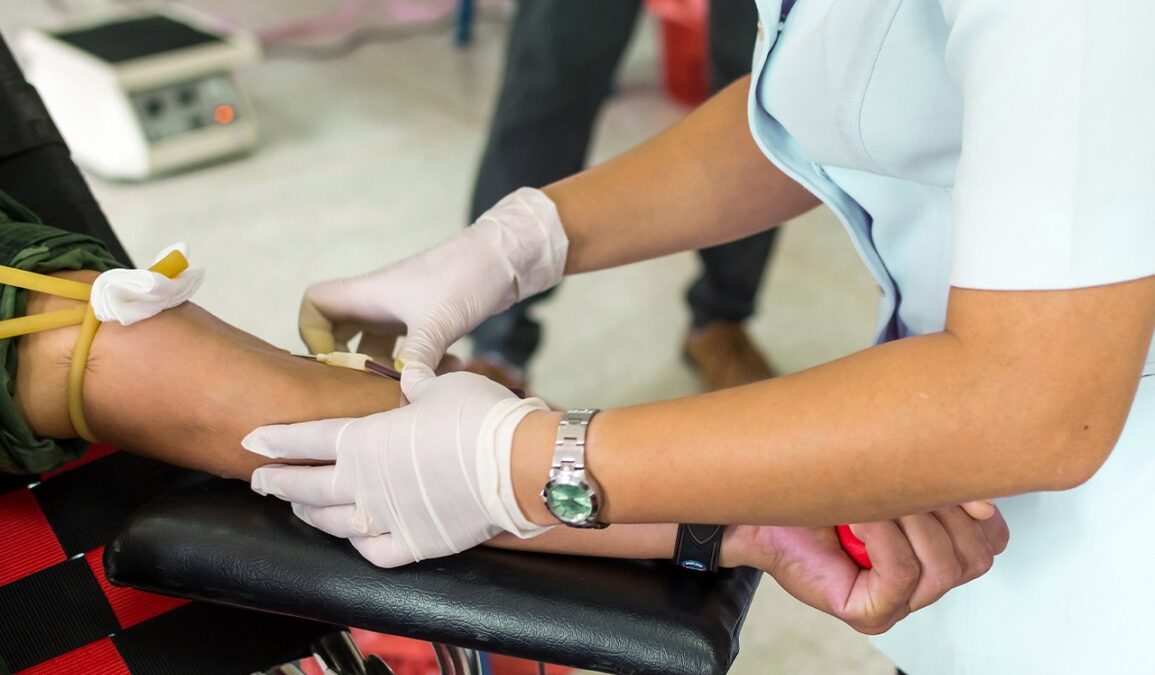
Importance of Plasma Donation
After red blood cells, white blood cells, platelets, and other biological components have been removed, plasma is blood’s clear, straw-colored liquid element. It comprises roughly 55 percent of human blood and contains water, salts, enzymes, antibodies, and other proteins. The majority of the blood is plasma, a yellow-colored liquid component. It aids in immunity, blood coagulation, blood pressure control, blood volume control, and pH balance in the body. It is also responsible for delivering blood cells, nutrients, proteins, waste, and hormones throughout the body. People who can donate blood should think about plasma donation. It’s in great demand since it can help patients with severe blood loss, liver failure, cancer, uncommon disorders, and other health problems.
Here are some of the reasons why it is important to donate plasma for those eligible
- It saves lives
Volunteerism in various forms is encouraged by the plasma protein therapies sector. Plasma donation and blood donation are crucial actions that can save lives. Plasma from donors and recovered plasma are used to create treatments for persons with uncommon, chronic illnesses and disorders such as primary immunodeficiency, hemophilia, a hereditary lung disease, and trauma, burns, and shock. Most whole blood donations are used in local hospitals for transfusions needed during surgery or other medical treatment.
- It boosts your mood
According to research, helping others benefits you. Altruism, or care for the well-being of others, is connected to improved emotional well-being, health and can lead to a brighter attitude, according to research published in the International Journal of Behavioral Medicine. Giving is a great approach to raising your happiness, decreasing stress levels, increasing endorphins, and strengthening social ties, whether you contribute plasma, money, presents, or your time.
- It helps you maintain a healthy diet
Plasma donations regularly might help you develop healthy eating habits. Donors are always urged to consume nutritional foods rich in iron, protein, and vitamin C and drink enough water at a donor center to ensure that their donations go successfully. Veins dilate when the body is fully hydrated, allowing for greater blood flow throughout the visit. It also aids in the faster replenishment of lost fluids, which is critical considering that plasma is mainly water. Another good reason to cut back on fatty meals and restrict your alcohol and caffeine usage is to become a plasma donor. If you follow the rules for what to eat before giving at your plasma donation center, you’ll have a healthier diet that will help your immune system and keep you feeling well from the inside out.
- Reduces cholesterol levels
Plasma donations regularly might help you develop healthy eating habits. Donors are always urged to consume nutritional foods rich in iron, protein, and vitamin C and drink enough water at a donor center to ensure that their donations go successfully. Veins dilate when the body is fully hydrated, allowing for greater blood flow throughout the visit. It also aids in the faster replenishment of lost fluids, which is critical considering that plasma is mainly water. Another good reason to cut back on fatty meals and restrict your alcohol and caffeine usage is to become a plasma donor. If you follow the rules for what to eat before giving at your donation center, you’ll have a healthier diet that will help your immune system and keep you feeling well from the inside out.
- It lowers blood pressure
Being a frequent plasma donor may have some long-term impacts on vital indicators, including blood pressure, in addition to lowering cholesterol levels. According to 2015 research, those with high baseline blood pressure may see a drop in blood pressure after receiving plasma.
- It can help you earn a decent amount annually
Many people are drawn to plasma donation because it allows them to earn a significant amount of money each time they give. The consultation takes roughly an hour from start to finish, which means you may earn up to $40 for only one hour of your time. If you make two donations every seven days, you can earn up to $4,000 at the end of the year. Unlike traditional red blood cells, platelet, or whole blood donations, which do not pay, plasma donation may be a very flexible and lucrative side employment.

